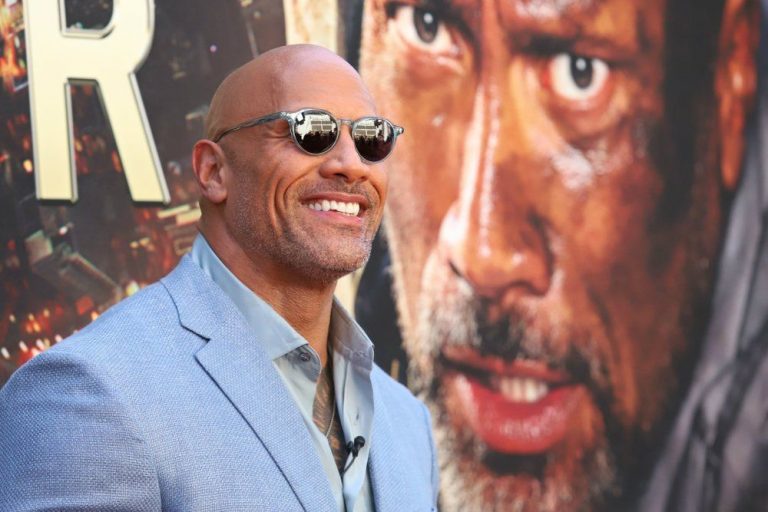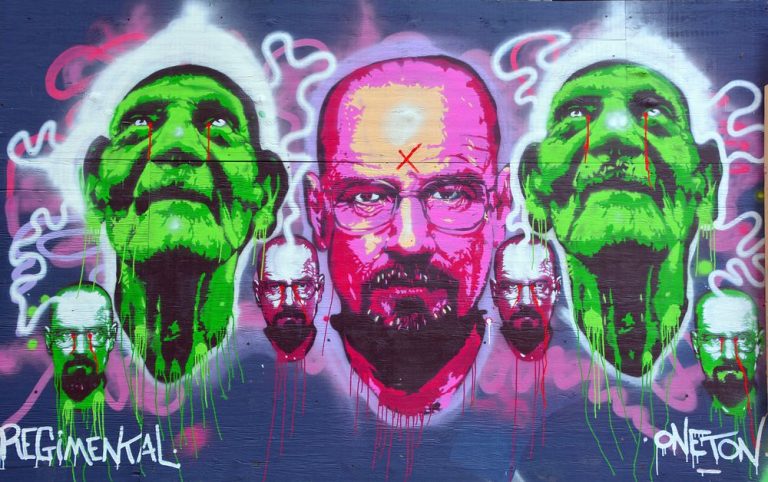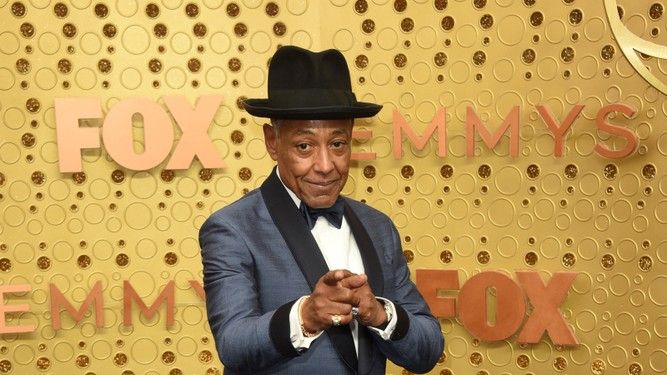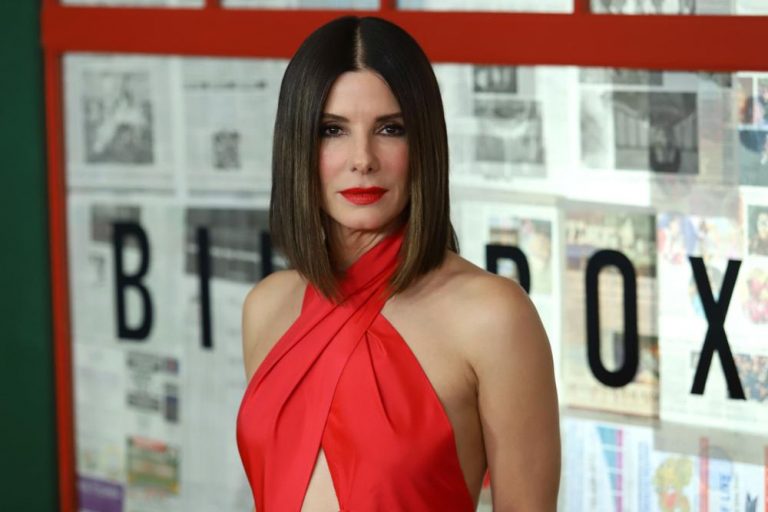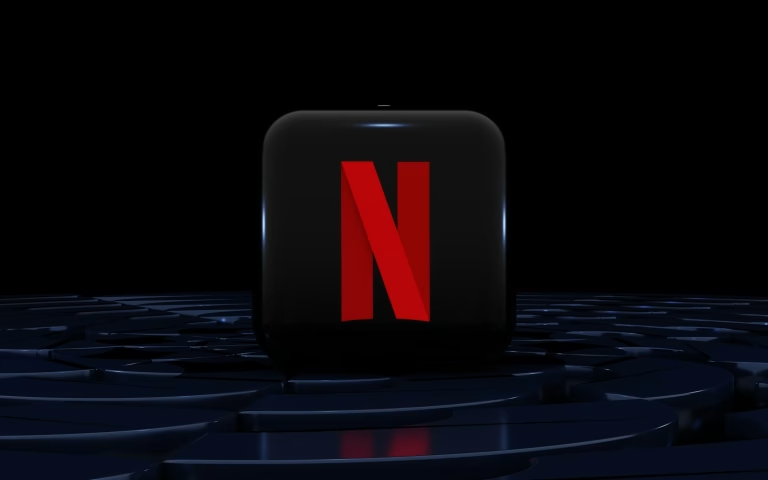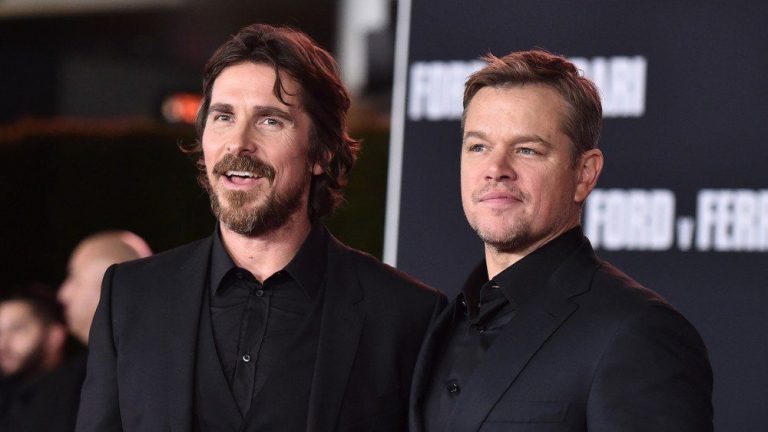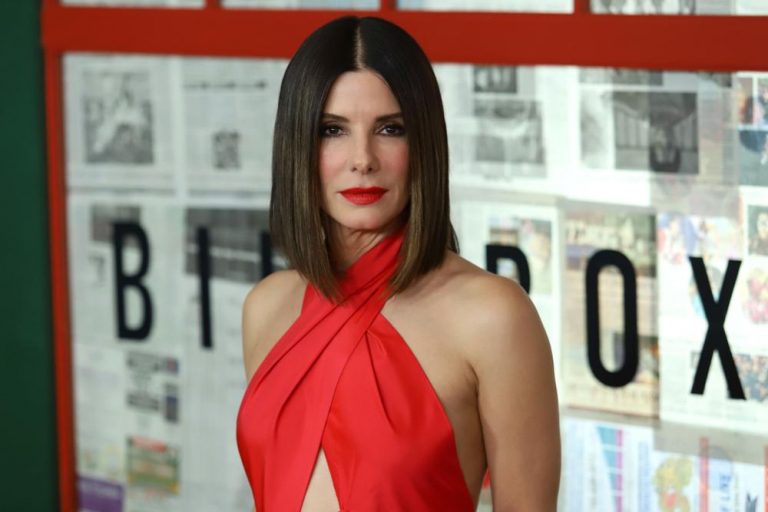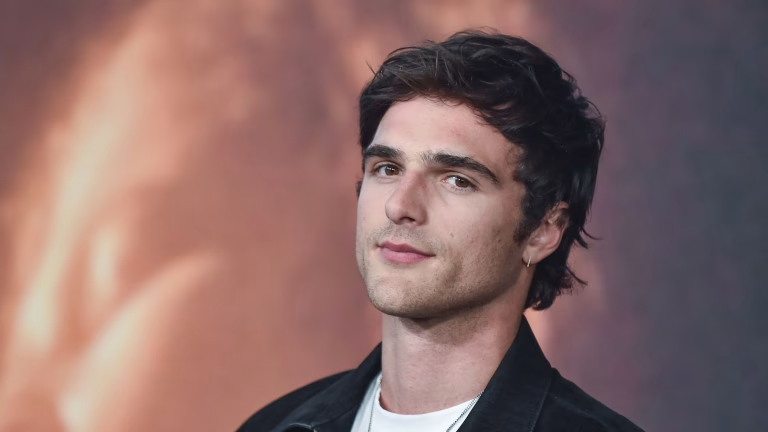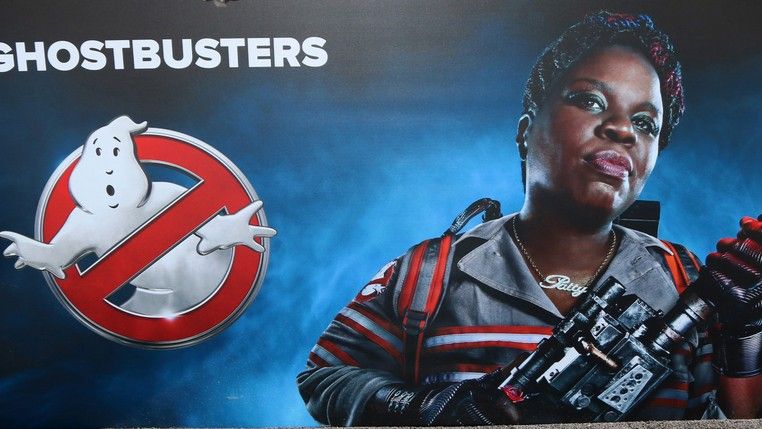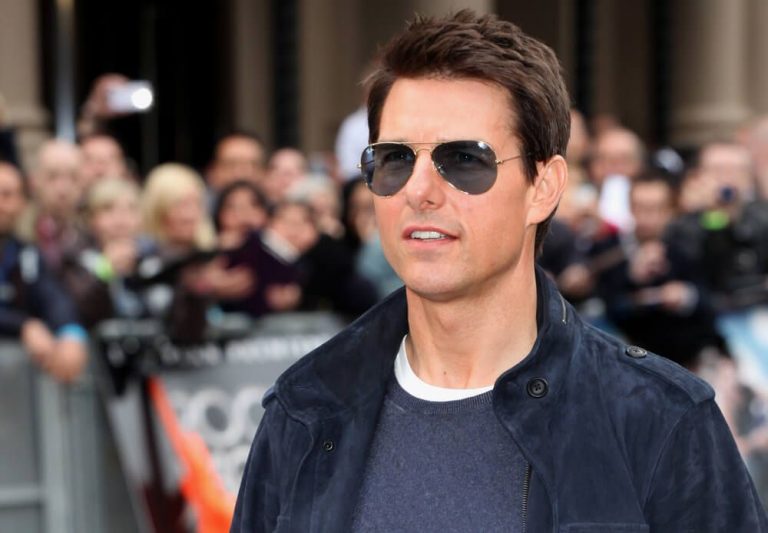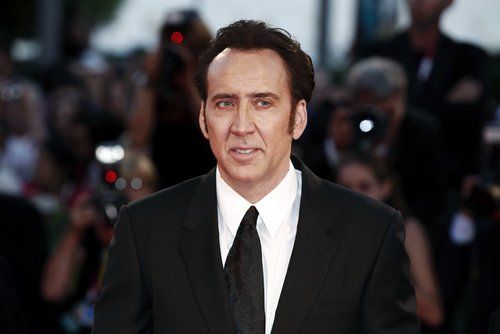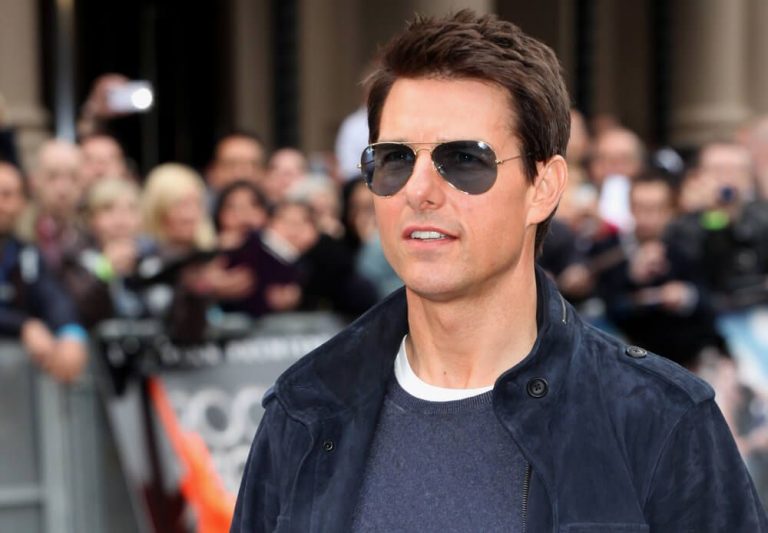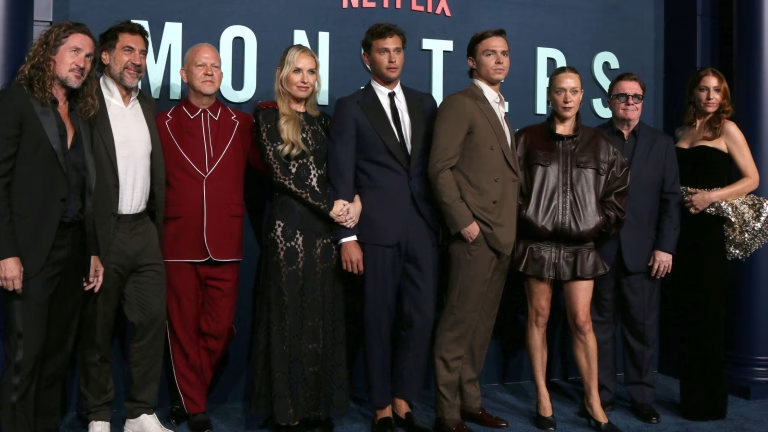Key Takeaways:
– Dwayne Johnson’s net worth is said to be around $800 million in 2024.
– Johnson commanded his highest paycheck of around $50 million for the film Red One.
– He made substantial earnings from his appearances in the Fast & Furious franchise.
– Johnson also operates successful alcohol and entertainment businesses.
– Since 2024, Johnson is a full-time WWE and a board member of TKO Group Holdings.
Dwayne “The Rock” Johnson: $800 Million Net-Worth Hollywood Mogul
Hollywood sensation Dwayne Johnson, better known as The Rock, has built a career moving seamlessly from the wrestling ring to the movie set. With an estimated $800 million net worth in 2024, the man is nothing short of a financial heavyweight.
The Rock’s Enormous Film Career Earnings
Johnson’s debut in The Mummy Returns brought him instant recognition, and his paycheck followed suit. His reprised role in The Scorpion King emoji purportedly raked in a cool $5.5 million, setting the foundation for future lucrative deals. His current base film salary falls around $20 million, reflecting his drawing power at the box office.
Johnson’s Biggest Film Paycheck: Red One
The Rock’s acting career showed exponential growth, ultimately rewarding him a jaw-dropping $50 million for the upcoming film Red One, co-starring Chris Evans. Not far behind is Netflix’s Red Notice, which had him alongside Ryan Reynolds and Gal Gadot, earning him another $20 million.
Wild Ride with the Fast & Furious Franchise
The Rock found notable financial success with the Fast & Furious franchise, playing the role of Luke Hobbs. His paycheck for Fast Five was a reported $10 million, and it only continued to escalate with each entry to the franchise, peaking at $20 million for the spinoff film, Hobbs & Shaw.
The Rock’s Microcosm of Business Ventures
Johnson has also managed to expand his wealth beyond the Silver Screen. He reportedly commands $1.7 million per Instagram post, using his significant influence to endorse various products and promote his films.
Johnson’s production company, Seven Bucks Productions, has been a part of many of his notable film projects like Baywatch and Jumanji. The company also manages marketing and promotional activities for his projects.
The former WWE champion owns a tequila brand named Teramana Tequila. With yearly sales surpassing 600,000 cases, the brand sports an impressive valuation of $3.5 billion. Many industry experts predict that Johnson is on the path to becoming a billionaire in the near future.
Moreover, Johnson made headlines when he bought the football promotion brand, XFL, in 2023 for a cool $15 million.
The Overwhelming Wealth of Dwayne Johnson
Appraising Johnson’s real estate portfolio also gives significant insight into his wealth. He previously owned a 45-acre property in Powder Springs, Georgia, worth $9.5 million and a $28 million mansion earlier owned by Paul Reiser.
The Rock: Next Big Move with WWE and TKO Group Holdings
2024 marked a turning point when Johnson returned to the WWE as a wrestler and joined the board of TKO Group Holdings–the company that commands the WWE and UFC. Johnson’s new contract gave him full proprietary rights to his title ‘The Rock’ and a $30 million stock share in the company.
Wrapping up this financial snapshot, it’s evident that Johnson extends his on-screen charisma to his businesses as well. With such a vast portfolio covering Hollywood, sports, and spirits, The Rock continues to cement his position as one of the highest-grossing stars worldwide.

